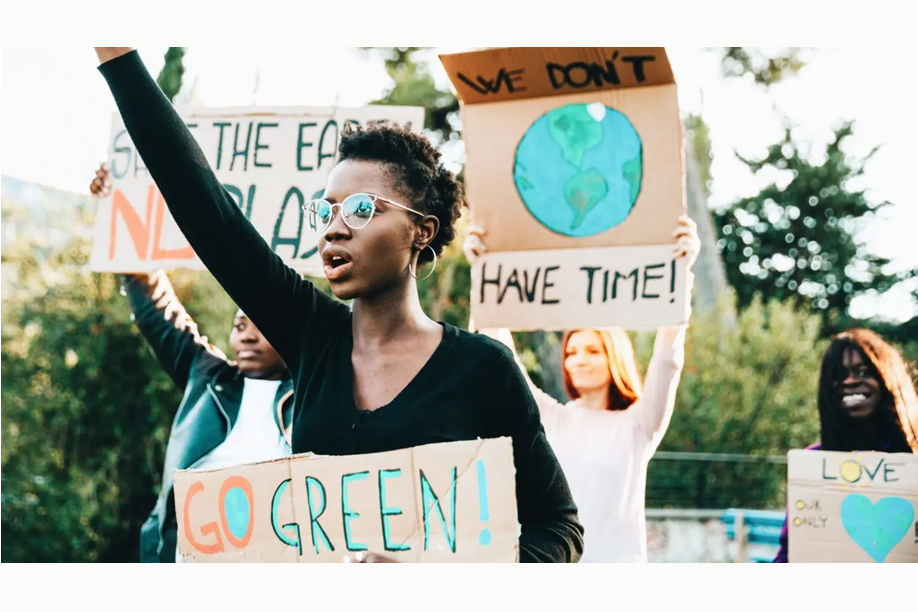On March 7, Aaron Sachs gave a talk examining how a historical perspective on environmental justice can offer a “radical, positive vision of collective thriving.” Sachs holds a Ph.D. in American Studies and is Professor of History at Cornell University, which hosted the lecture.
Environmental justice “conjures the possibility of convergence and true inclusion,” said Sachs. It is “a set of principles and practices that always must be re-negotiated.” The only constant is that everyone gets a free and equal opportunity to take part in those negotiations.
A quote from Juliana Spahr’s book of poems “This Connection of Everyone with Lungs” demonstrated a rift in popular conversation on environmental justice: “How lovely and how doomed this connection of everyone with lungs.” There is ample focus on this aspect of doom, or environmental injustice, according to Sachs, but not enough consideration of the loveliness possible.
Sachs suggested that the global community shares its past, just as it does the environment, and that the horrors of environmental injustice are made more tragic by the radical acts of generosity and common good throughout history. Consequently, extending this protection of shared environment can help shape the future for the better.
One of the earliest environmental justice movements in the United Sates was a major protest in Afton, North Carolina, in September 1982, after a transformer company began dumping highly toxic industrial waste along remote roads in North Carolina. The state selected Afton as the dumping ground for the illegal 240 miles worth of contaminated soil. The community, which was one of the poorest in the U.S. and majority Black, was expected to pose little resistance. Afton was forced to receive the waste but had gathered a diverse coalition of protestors that offered fierce resistance to protect their land.
Sachs reached further back in time to show other possibilities offered by environmental justice. In 1649, Gerard Winstanley and a movement known as the Diggers began planting on “commons,” land that was unclaimed, unplanted, and available. They aimed to expand the rights of commoners, calling for a communal model of land ownership, but were pushed again and again from land by the emerging “protocapitalist” gentry. Native Americans similarly set a successful example of thriving on common land before colonial violence.
Concluding his talk, Sachs described how environmental justice fell out of mainstream discussion during the late ’90s in the shadow of global warming. But the 2016 movement of water protectors resisting the Dakota Access Pipeline recentered it. Sachs sees hope in figures like Alexandria Ocasio-Cortez and legislation like the Green New Deal; as tepid as such laws become, they show how the baseline for the U.S. conversation on environment has shifted towards justice and the common good.
Image by Leo Patrizi / iStock

